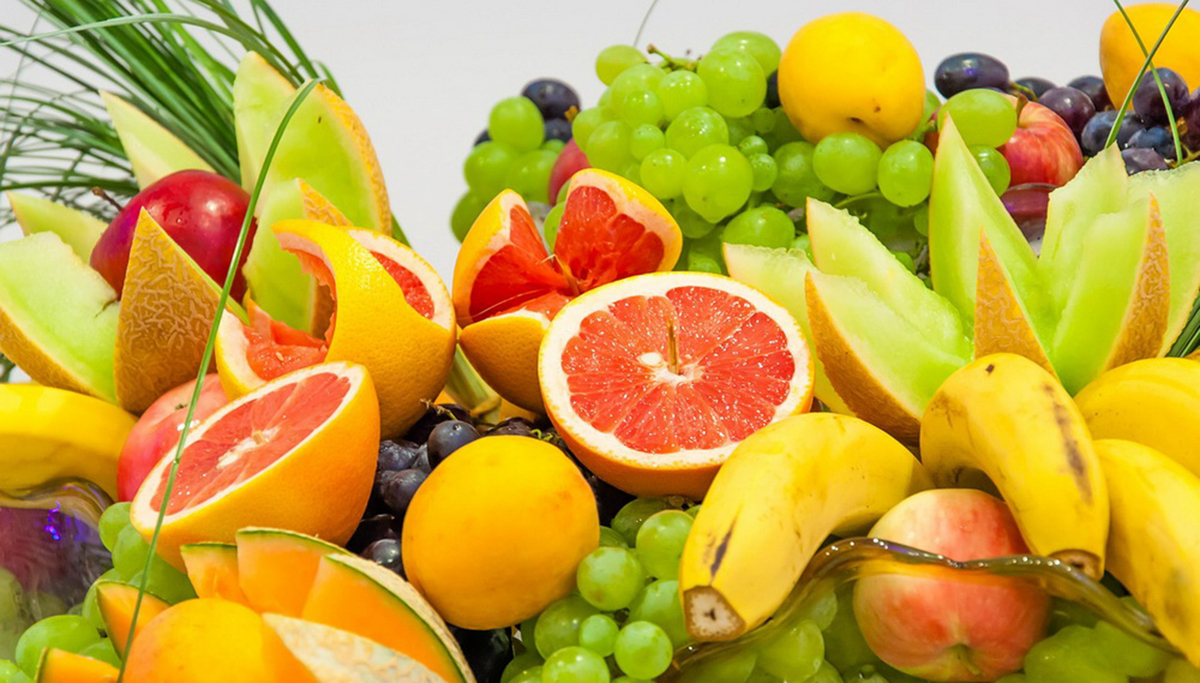Table of Contents
Health experts are still trying to find ways to help food addicts improve their eating habits. Unlike other types of substance addiction, where one can just go 'cold turkey' and quit their habit, food addiction is more complicated. After all, one has to eat every day, and the availability of food and the circumstances around one's eating habits are influenced by various interactions with family and friends. However, one may be able to break the vicious cycle of compulsive eating with the help of a health professional such as a nutritionist, a psychologist or a doctor who is trained in managing food addiction.

Cravings may be influenced by certain food traditions and cultures and by eating certain foods in large quantities. However, changing these behaviors can improve one's food choices, which can lead to reversal of food addiction.
Here are some tips offered by food psychologists for food addicts who want to change their behaviors and food choices:
-
Remove all unhealthy and tempting foods from your home, including sweets, fatty foods, and junk foods.
-
Avoid all unhealthy foods for two weeks.
-
To counter cravings for unhealthy foods, carry around healthy alternatives such as fruits or high-fiber cereals in your purse.
-
After two weeks, you may start having some of the foods that you crave, in limited amounts (100 calories), but make sure you include it in the middle of a meal, instead of eating it at the beginning or at the end of the meal.
-
Avoid sugary and highly processed foods, as well as artificial sweeteners.
-
Train your taste buds to develop a taste for various fruits and vegetables. Repeated exposure to healthy foods can increase your liking for these foods, so try to make them available at all times. Although you may not be familiar with the different tastes of these foods, eating them several times will help you develop your preferences.
-
Start eating whole grain products such as long grain brown rice, quinoa, or millet, instead of white rice or white bread.
-
If you like eating cereals for breakfast, choose whole grain products without added sugar. Cook some oatmeal and add fruits and nuts for added flavor.
-
Instead of drinking fruit juice, soda or coffee, choose water or herbal tea.
-
Stay away from unhealthy fats from processed foods, but eat healthy fats from nuts, fatty fish, avocados, flaxseed oil and extra-virgin olive oil.
-
For some people, gradually reducing the amount of sugar or salt from foods helps train the taste buds to accept less sugary or salty foods over time.
-
Instead of eating mindlessly, practice eating mindfully by using smaller plates, which encourages eating in smaller portions.
- WebMd. Food Addicition. http://www.webmd.com/mental-health/mental-health-food-addiction
- ScienceDaily. Training your brain to prefer healthy foods. http://www.sciencedaily.com/releases/2014/09/140901123455.htm
- Nutrition and Diabetes. Pilot randomized trial demonstrating reversal of obesity-related abnormalities in reward system responsivity to food cues with a behavioral intervention. http://www.nature.com/nutd/journal/v4/n9/full/nutd201426a.html
- CNN. Train your brain to crave healthy foods. http://edition.cnn.com/2011/HEALTH/08/04/ep.brain.crave.cohen/index.html
- Momma Health. Train Your Body To Crave Healthy Foods With 6 Easy Steps. http://www.mommahealth.com/train-your-body-to-crave-healthy-foods.htm
- The Guardian. Healthy food: can you train yourself to like it? http://www.theguardian.com/lifeandstyle/wordofmouth/2013/feb/26/healthy-food-train-yourself-like-it
- Photo courtesy of Steven Depolo by Flickr : www.flickr.com/photos/stevendepolo/11301114563
- Photo courtesy of rkarkowski by Pixabay : pixabay.com/en/eating-fruit-citrus-dessert-405521/
- www.webmd.com
- www.sciencedaily.com
- www.nature.com
- edition.cnn.com
- www.mommahealth.com
- www.theguardian.com


Your thoughts on this